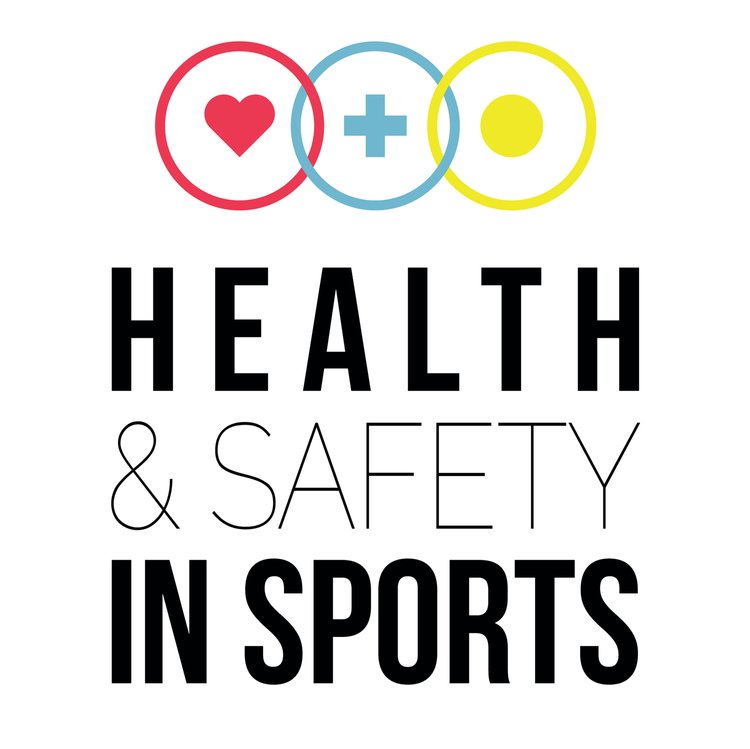Miriam van Reijen just got the second paper in her PhD out in Sports Medicine. This review sought to described how sport injury prevention studies vary in the way compliance with an intervention is defined, measured and adjusted for. The review was conducted in conjunction with our colleagues from the Australian Centre for Research into Injury in Sport and its Prevention (ACRISP).
Read MoreEvidence on the detrimental health effects of prolonged sedentary behavior is accumulating. Interventions need to have a specific focus on sedentary behavior in order to generate clinically meaningful decreases in sedentary time. When evaluating such intervention, the question whether a participant improved or deteriorated their behavior is fundamental and instruments that are able to detect those changes are essential. Therefore, the aim of this study was to determine the criterion validity against activPAL and responsiveness to change of two activity monitors (ActiGraph and activPAL) and two questionnaires for the assessment of occupational sitting and standing time.
Read MoreOn november 24th, Laura Viester will defend her thesis on worksite health promotion in the construction industry. This project was carried in a joint effort between our research group, the research group Work and Health of our department and TNO.
Read MoreThe purpose of this collaborative study with ErasmusMC in Rotterdam study was to describe the prevalence, incidence and risk factors for climbing-related injuries of the upper extremities in recreational climbers. In doing so this study is amongst the first to report on the injury spectrum in this fast growing sport.
Read MoreOut of our newly established collaboration between VUmc and AMC, this recently published study explored the associations of severe musculoskeletal injuries (joint and muscles) and surgeries with symptoms of common mental disorders (distress, anxiety/ depression, sleeping disturbance, adverse alcohol behaviour, smoking, adverse nutrition behaviour) among male European professional footballers.
Read More


